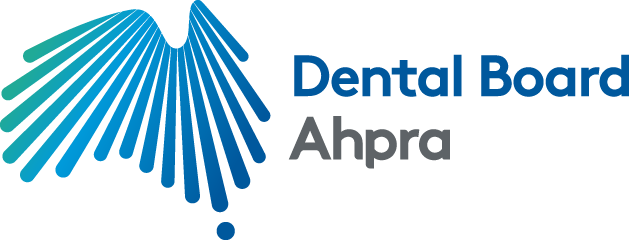Close
We’re making big changes:
We’re sorry our phones are busy. We’re preparing to upgrade our operating system. Some online services are unavailable from Thursday 13 March and will progressively come back online from Monday 17 March 2025. We apologise for any inconvenience and look forward to sharing our new online services with you.
National health practitioner boards
Close
Look up a health practitioner
Close
Check if your health practitioner is qualified, registered and their current registration status
Health Profession
- All
- Aboriginal and Torres Strait Islander Health Practitioner
- Chinese Medicine Practitioner
- Chiropractor
- Dental Practitioner
- Medical Practitioner
- Medical Radiation Practitioner
- Midwife
- Nurse
- Occupational Therapist
- Optometrist
- Osteopath
- Paramedicine
- Pharmacist
- Physiotherapist
- Podiatrist
- Psychologist
All states and territories
- All states and territories
- ACT
- NSW
- NT
- QLD
- SA
- TAS
- VIC
- WA
Practitioners
Profession
Location
Please enter a search term
Page reviewed
20/12/2024
